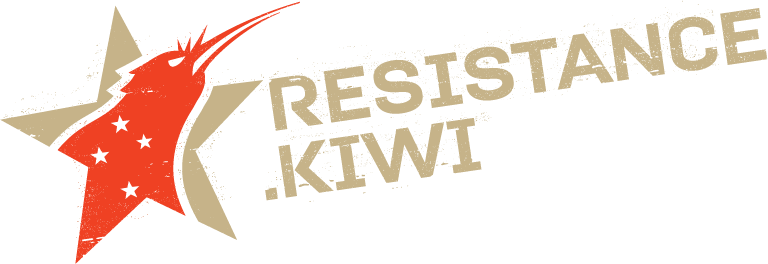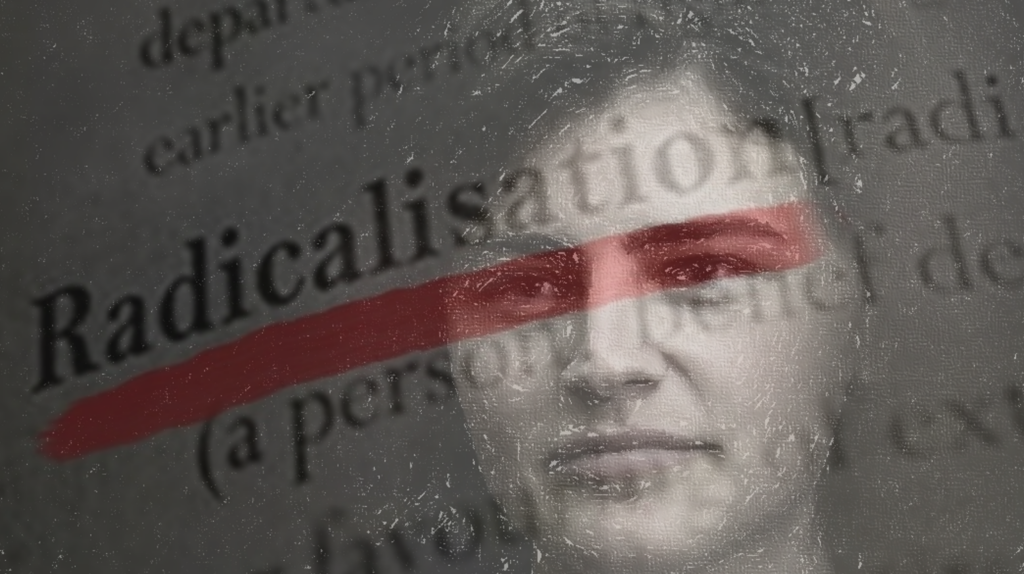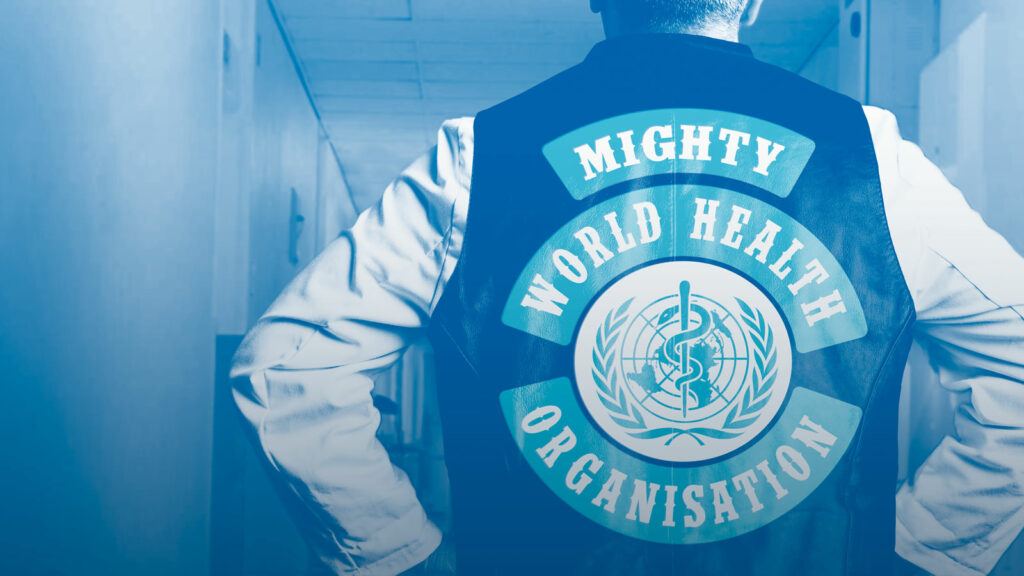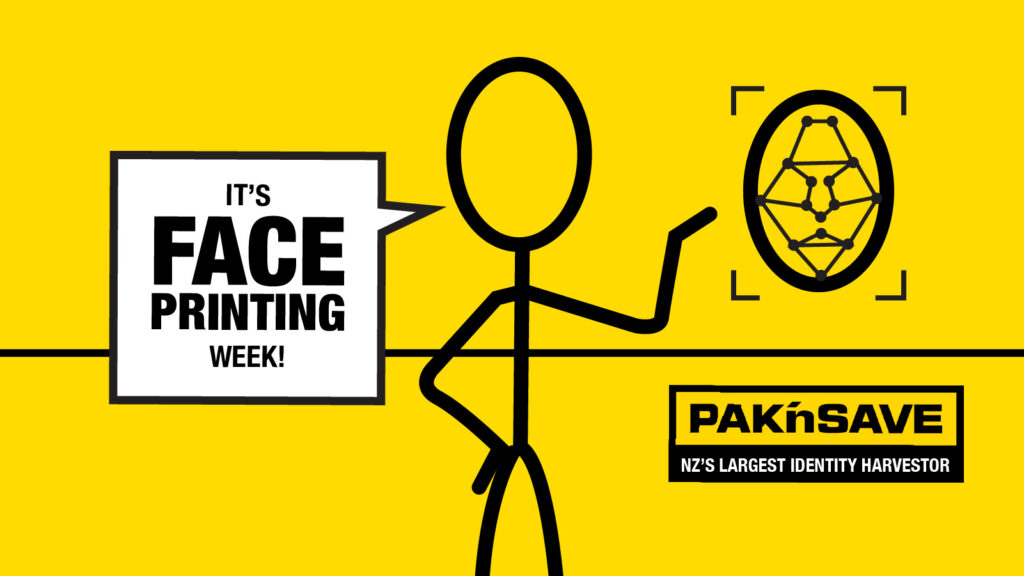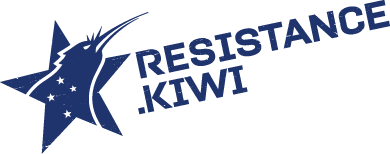Could it be that the New Zealand government is doing some soul searching?
By Keri Molloy
Reproduced with permission.
Remember Jacinda Ardern’s instruction to trust her government as the country’s ‘single source of truth’ ? And you’ll recall that the rationale of the COVID-19 vaccine mandate was about protecting others.
Last week Pfizer executive Janine Small admitted that the company didn’t have data on whether the mRNA gene technology prevented transmission.
This was one of the important things that Jacinda and her ministers omitted to tell us during the pandemic.
Either they knew and hid it or they failed to do due diligence when signing NZ’s contract with Pfizer.
The mRNA technology was made available to the general New Zealand public in the second half of 2021.
But Pfizer did not know if their vaccine stopped transmission.
However, we were told: ‘Studies show that about 95 percent of people who have received both doses of the vaccine are protected against getting COVID-19 symptoms. This means that once you are fully vaccinated, you are far less likely to fall seriously ill and less likely to transmit the virus to friends, whānau or workmates.’
And the government reassured us that COVID-19 vaccines are ‘the most well-studied vaccines ever made’.
They said, ‘We have lots of data to show the Pfizer vaccine has been thoroughly assessed for safety.’
In reality, the government’s hard-line measures were based, at best, on the flimsy hope that the COVID-19 vaccines were safe and effective.
The unvaccinated missed out on trips to national parks, hairdressers, church, and sports. They couldn’t get their driver’s licence, visit a cafe, or attend the gym. They were outcast. Twelve-year-olds couldn’t swim, or play club rugby, soccer, tennis or badminton if they weren’t injected.
Call for reappraisal
Last month British cardiologist Aseem Malhotra called for a stop to COVID-19 vaccine administration.
His two-part paper – Curing the pandemic of misinformation on COVID-19 mRNA vaccines through real evidence-based medicine – was published in September in the Journal of Insulin Resistance.
He concluded that, among younger groups, the “number needed to treat” to prevent a single death runs into the thousands:
“Re-analysis of randomised controlled trials using the messenger ribonucleic acid (mRNA) technology suggests a greater risk of serious adverse events from the vaccines than being hospitalised from COVID-19.”
Malhotra called for a pause and reappraisal of global vaccination policies:
“It cannot be said that the consent to receive these agents was fully informed, as is required ethically and legally.”
He criticised “unethical, coercive, and misinformed policies such as vaccine mandates and vaccine passports”, that he said undermined the principles of ethical evidence-based medical practice and informed consent.
“Looking to the future the medical and public health professions must recognise these failings and eschew the tainted dollar of the medical-industrial complex. It will take a lot of time and effort to rebuild trust in these institutions, but the health – of both humanity and the medical profession – depends on it.”
Myocarditis risk was well established by November 2021 but he NZ government continued it safe and effective mantra. Medical councils in New Zealand and Australia came down hard on doctors who questioned the government’s position, that increasingly looks mistaken.
From early 2020, the New Zealand government effectively prohibited the use of early treatments, such as Ivermectin, as an alternative strategy.
Looking back, it seems dividing the community cruelly into vaccinated and unvaccinated was not aimed at reducing transmission, it was simply designed to coerce people to be vaccinated whether they wanted to or not.
So why did Jacinda Ardern and her advisors put all their faith in the likes of Pfizer and the World Health Organisation, which receives funding from individuals and companies involved in vaccine manufacturing. (The second-largest funder is the Bill and Melinda Gates Foundation).
With hindsight, we ask now what was the biggest source of mis- and disinformation?
We might expect that Jacinda and her team, hands on hearts, are now questioning themselves about broken trust and lying by omission and censorship.
The Disinformation Project, supported by the University of Auckland, is unlikely to throw an unbiased light on the problem.
They say they help social media companies, journalists, academia, policymakers, and civil society to ‘identify, understand, unpack and meaningfully respond to information disorders’.
Explore the Disinformation Project website and you’ll find its input in media commentary could be a candidate for disinformation itself.
- 1News, (2022) Plea for voters to get informed about candidates’ backgrounds. (PDF version)
- Corin Dann, RNZ, (2022) Expert on conspiracy theorists running for local government.
- Nadine Porter, Stuff, (2022) Rise in hostility since conspiracy theory arrests triggers call for stronger response. (PDF version)
- Denzel Chung, Critic Te Ārohi, (2022) Concerns About “Hidden” Anti-Vaxxers In Local Elections. (PDF version)
- Trenton Doyle, Pacific Media Network, (2022) Local Elections 2022: Aucklanders warned to be careful when voting. (PDF version)
- Jenny Nicholls, Stuff, (2022) Fire and Fury documentary shows journalism at the peak of its powers. (PDF version)
- Natasha Frost, New York Times, (2022) The long tail of Covid19 disinformation.
- Colin Peacock, RNZ, (2022) Media zero in on candidates from the fringes. (PDF version)
- Stewart Sowman-Lund, The Spinoff, (2022) The subjects of Stuff’s Fire and Fury are furious. (PDF version)… etc.
The list goes on.
Kate Hannah is the Director of The Disinformation Project Aotearoa, a ‘research project which has studied misinformation and disinformation in Aotearoa/New Zealand since February 2020’.
According to her bio, Hannah is a cultural historian of science and technology who focuses on COVID-19, racism, misogyny, and the far right.
Like Jacinda Ardern, Hannah is an International Visitor Leadership Programme alum. The International Visitor Leadership Program is sponsored by the US Department of State with funding provided by the US Government.
But there is apparently some hand wringing underway.
Consultation is open to the public on the government’s ‘Ethical Guidance for a Pandemic’ strategy.. Submissions close on November 1.
The section on upholding human rights reads,”In preparing for a pandemic, part of our readiness must be focused on ensuring Aotearoa New Zealand is in a position to uphold the rights of our citizens within a pandemic. A human rights approach to a pandemic is concerned with process as well as outcome, including the right to participation and the importance of fair, reasoned, robust and transparent decision-making, alongside independent accountability when states exercise their discretionary powers.”
Other passages read:
“Liberty refers to a state of freedom from oppressive restrictions imposed by authorities on one’s way of life, behaviour or political views. In a pandemic, our response needs to emphasise our collective rights.
“Disinformation, or the purposeful dissemination of false information intended to mislead or harm, erodes trust within and between communities. Open government is essential to establishing tika (what is right and good).”
But, here’s the fly in the proverbial ointment:
Another section reads:
“A core tension for liberal democracies in reducing health risks is striking the balance between an individual’s rights and protecting the collective good. Where the decisions of a liberal democratic government infringe on individual rights, any form of coercive measure must be ethically justified.
“For New Zealanders, our liberal democracy means we don’t consider just our individual right to liberty, but rather we take a collective understanding of our rights. For example, our individual right to liberty does not mean that others do not have a right to health and wellbeing. Our right to liberty should not mean we put others at risk.”
It’s pointed out that human rights draw upon international and national legislative state obligations that remain legally binding in times of emergency.
So although New Zealand is bound to protect human rights at home, we will still be subject to international directives.
Given the World Health Organisation’s record with the COVID-19 epidemic, there is strong motivation to make submissions to this document, calling for protection of our sovereignty above the dictates of a less than trustworthy international body.
There are signs of awakening overseas:
- In the UK an All-Party Parliamentary Group has been established to ensure scrutiny of the safety profile of Covid-19 vaccinations; provide a forum for those harmed or bereaved from Covid-19 vaccinations and review financial arrangements available to them; to ensure that the health services respond and provide care to those who have continuing conditions caused by Covid-19 vaccinations.
- In the US, data analyst Ed Dowd has been looking at data gleaned from the WHO, CDC, NIH, life insurance industry and funeral home fiscal reports. He warns of an economic catastrophe as a result of vaccine induced injuries and an ensuing coverup: ‘What we are seeing now, 91 or 92 weeks since the vaccination program started, is rising disability. Everyone focuses on the deaths, and that’s bad, but disability is multiples of the deaths, and these are disabilities where people can’t work.”
Back to the war on disinformation in New Zealand: last week’s coverage of local body election results offered another little challenge in the daunting task of choosing who to trust.
Two versions of the recent local body election results illustrate just how wobbly truth is.
- Stuff, which had warned against ‘multiple conspiracy theorists standing for election’, reported that there was ‘a widespread rejection of candidates who advanced false claims and conspiracy theories’: “Fewer than a dozen of those identified by Stuff had been successful, and several incumbent councillors with those views lost their positions.”
- On the contrary, Voices For Freedom, an advocacy group and the target of several Stuff hit pieces, said New Zealand’s ‘freedom community’ had scooped up a ‘massive win’ in the local body elections: “Our tally shows that over 150 candidates succeed in gaining positions on local councils and boards with at least four winning positions as mayors and two deputy mayors. Never in New Zealand history have so many people united in their values and intent gained so much ground in local government so quickly.” (Voices for Freedom newsletter October 15.)
For original article and sources go to https://kerimolloy.substack.com/p/the-war-against-disinformation
